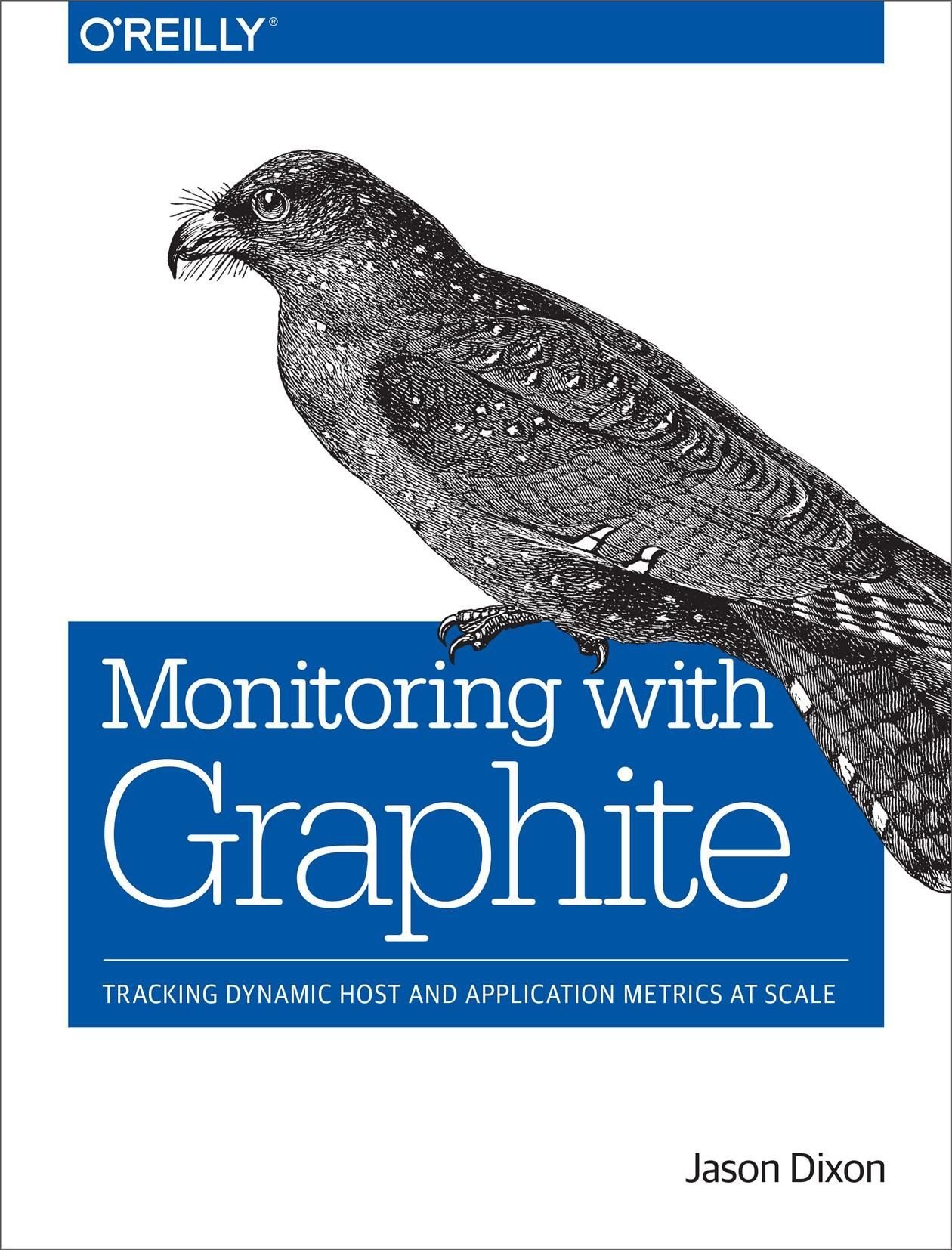This book is written around the central message that collectivist societies produce security, but destroy trust. In collectivist societies, people are connected through networks of strong personal ties where the behavior of all agents is constantly monitored and controlled. As a result, individuals in collectivist networks are assured that others will abide by social norms, and gain a sense of security erroneously thought of as “trust.” However, this book argues that this security is not truly trust, based on beliefs regarding the integrity of others, but assurance, based on the system of mutual control within the network. In collectivist societies, security is assured insofar as people stay within the network, but people do not trust in the benevolence of human nature. On the one hand, transaction costs are reduced within collectivist networks, as once accepted into a network the risk of being maltreated is minimized. However, joining the network requires individuals to pay opportunity cost, that is, they pay a cost by forgoing potentially superior opportunities outside the security of the network. In this era of globalization, people from traditionally collectivistic societies face the challenge of learning how to free themselves from the security of such collectivistic networks in order to explore the opportunities open to them elsewhere. This book presents research investigating how the minds of individuals are shaped by the conflict between maintaining security inside closed networks of strong ties, and venturing outside of the network to seek out new opportunities.












